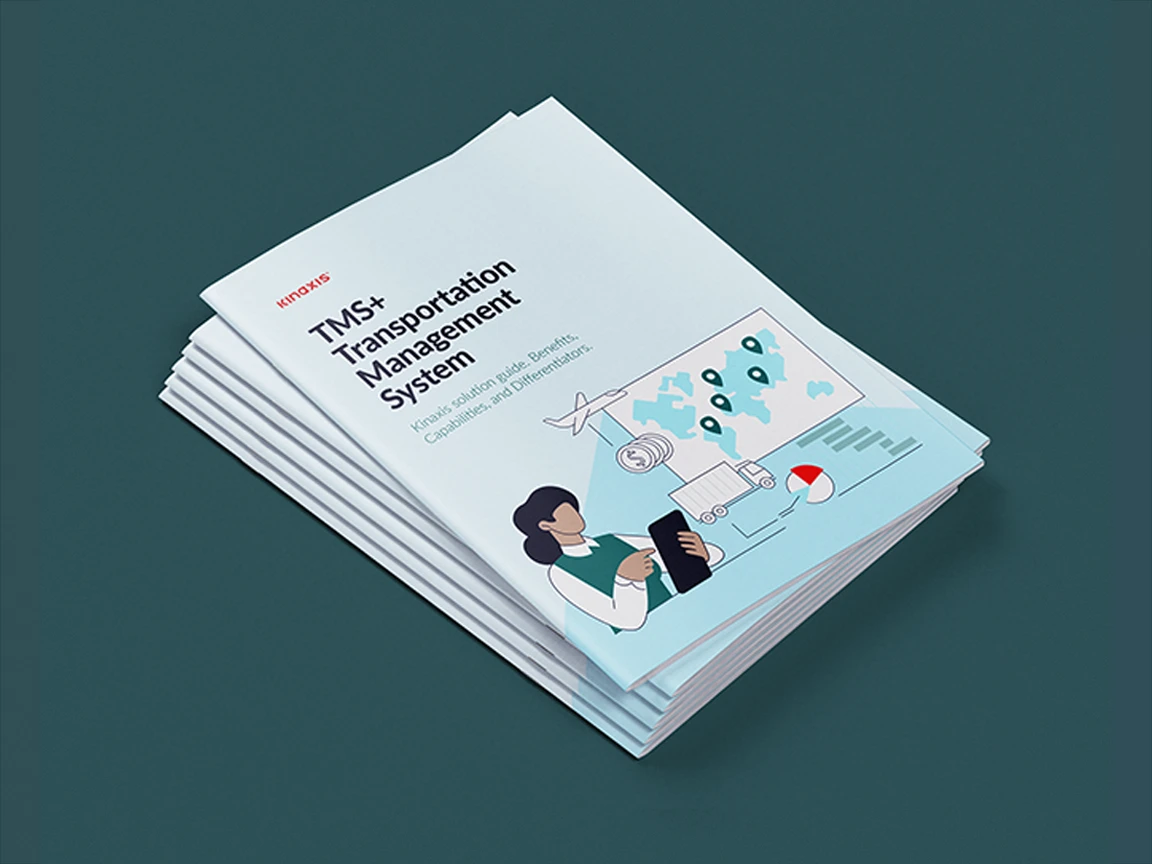Features
Orchestrate and optimize logistics
Maximize process efficiency with automated, intelligent decision-making across all modes, including parcel, coordinated logistics activities, and optimized inbound and outbound flows from order allocation through last-mile delivery.
Reduce total freight costs with automated and optimized rate shopping and carrier selection. Evaluate the best, most cost-effective carriers and modes and leverage pre- and post-calculations of execution costs across all network activities.
Boost OTIF rates and customer satisfaction with real-time individual order tracking across every milestone, cascaded status updates and alerts to stakeholders, and always-on, automated, and optimized replanning to recover impacted orders in seconds.
Eliminate unexpected charges and gain full transparency over spend. Leverage logistics invoice matching alongside detailed documentation of every transaction at every touchpoint, including dimensions, payloads, tariffs, and storage.

Brochure
Kinaxis TMS+: Transportation Management System
This brochure breaks down the benefits, capabilities, and differentiators of the Kinaxis Transportation Management System, or TMS+, and how it enables teams to optimize logistics across multiple partners, geographies, and modes.
Resources
Take control of your supply chain
Learn more about achieving end-to-end supply chain excellence with the #1 supply chain orchestration platform.
maestro™ platform
See intelligent transportation
management in action
Experience Maestro™ live with a Kinaxis expert.

